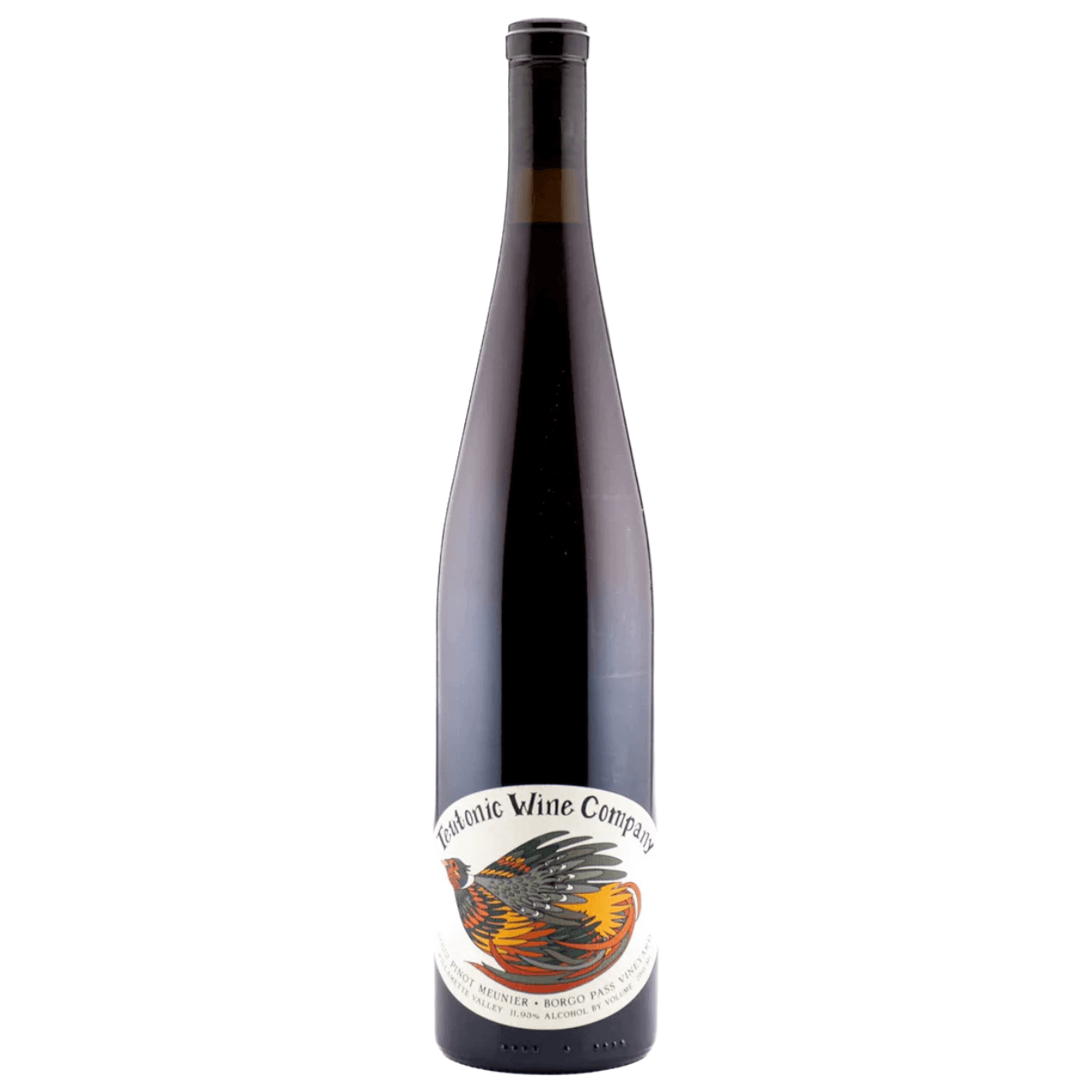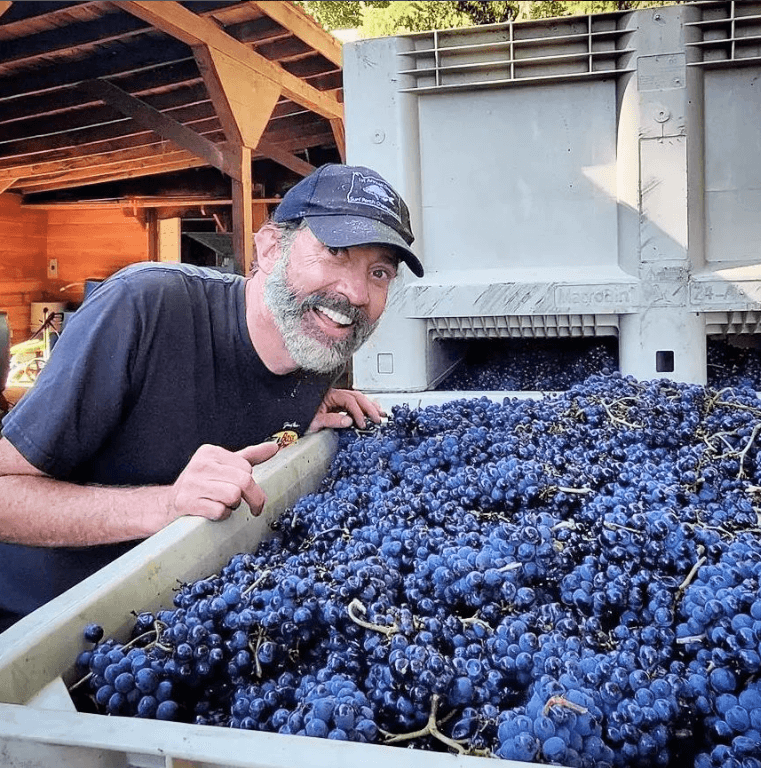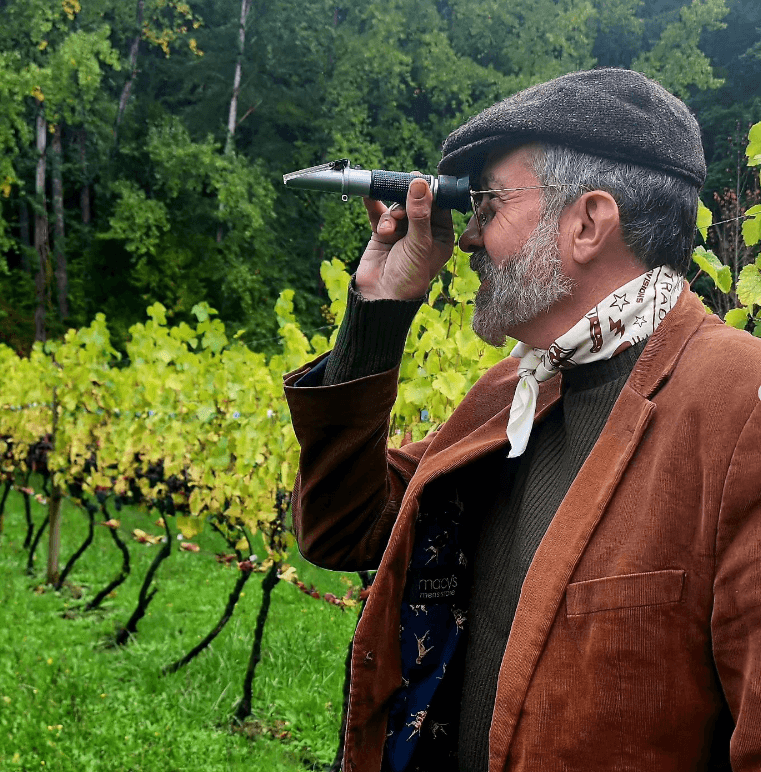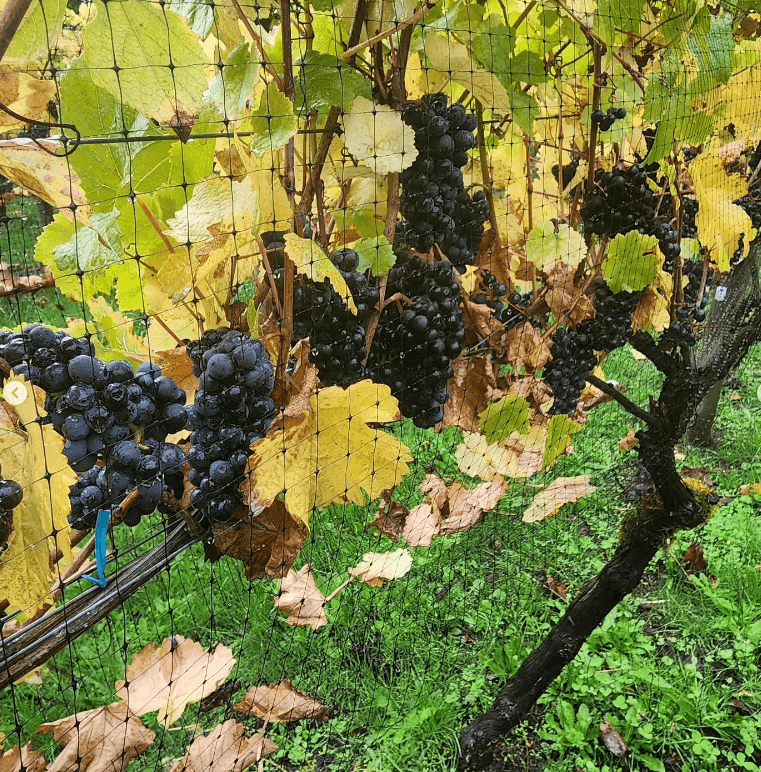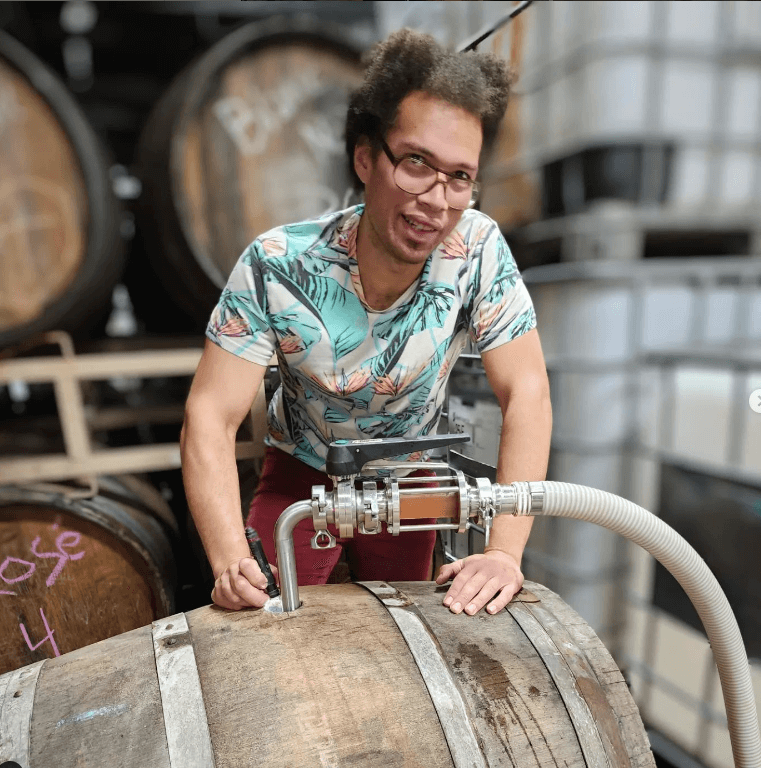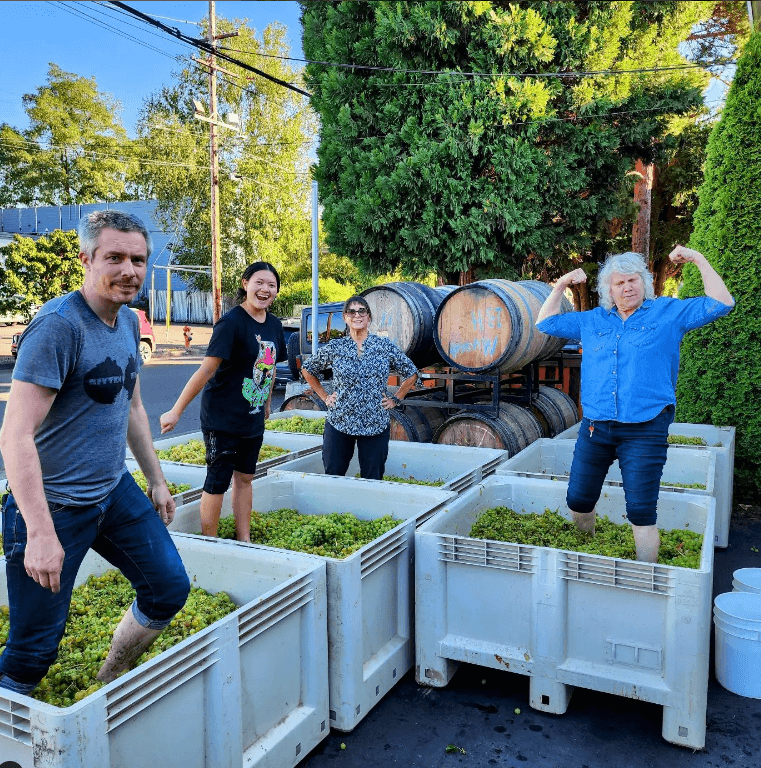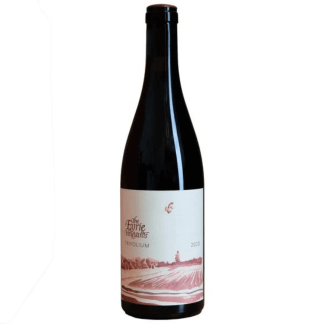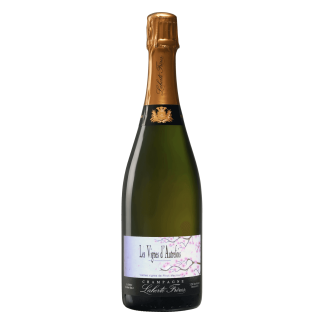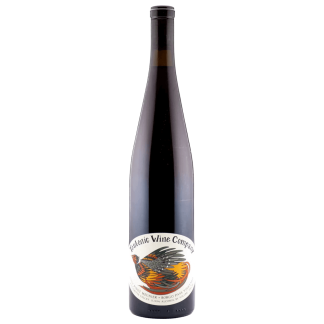Description
About Teutonic Wines
One question we get asked the most is “How did Teutonic get started?” to which I say “It’s a long story. Do you want to hear it all?
Teutonic came to be with no real plan and neither of us had any experience in the wine industry. However, with Barnaby’s determination and a little luck, we were able to create a product and brand identity that is influenced by Barnaby’s inspiration and love of German Rieslings.
It was 2002 when Barnaby was the general manager and wine buyer at Papa Haydn restaurant, one of Portland’s favorite long-standing institutions. German wine importer, Ewald Moseler, brought 14 different Rieslings he imported from the Middle Mosel, for Barnaby to taste. This was Barnaby’s Ah-ha moment. He was so blown away by how each Riesling tasted so different from one another, considering that they were from the same region and the same variety.
The terroir in the Mosel is composed mostly from slate, rocks and very little dirt. There are several different slate colors and each one produces a different flavor profile for the grapes. There is blue, red and grey slate, each with its unique flavor palate. Depending on which slate composition the vines grow on, their varying tastes can be dramatic. Barnaby bought all fourteen Rieslings for his wine list, creating Portland’s most extensive German wine program. That evening he came home and announced to me, “I’m going to need to quit my job so I can learn how to make wines that inspire me like these Rieslings from Germany.”
Today, we make between four and six thousand cases a year. The varieties include Riesling (of course), Pinot Noir, Pinot Meunier, Pinot Gris, Pinot Blanc, Gewürztraminer and recently we added Viognier and Grüner Veltliner to the line up. Barnaby also likes to create blends and experiment with fermenting in amphorae, whole cluster versus de-stemmed fermentation, extended skin contact and adding flor yeast from one barrel to another. While we still make wine from the vineyard in Alsea, we also source fruit from other vineyards around the Willamette Valley.
It’s important to us that we only work with vineyards that are dry-farmed (no irrigation) and ideally have older vines (20 years or older), are planted in a higher elevation making them cooler than other sites, allowing the fruit to hang longer on the vines without over-ripening with the sugar levels, but allowing them to develop physiologically for more complex flavors. In the winery, we only use wild yeast we source from each vineyard site, creating a pied de cuve (a traditional French technique for making a yeast starter) and use only the yeast from the vineyards to ferment the wines.
Our fermentation vessels include neutral oak barrels, clay amphorae and traditional fermentation bins for the reds (primary fermentation only) and then they go into barrel. We made this easy to remember by adding on our back label “Old & Cold, High & Dry, Wood & Wild.”


